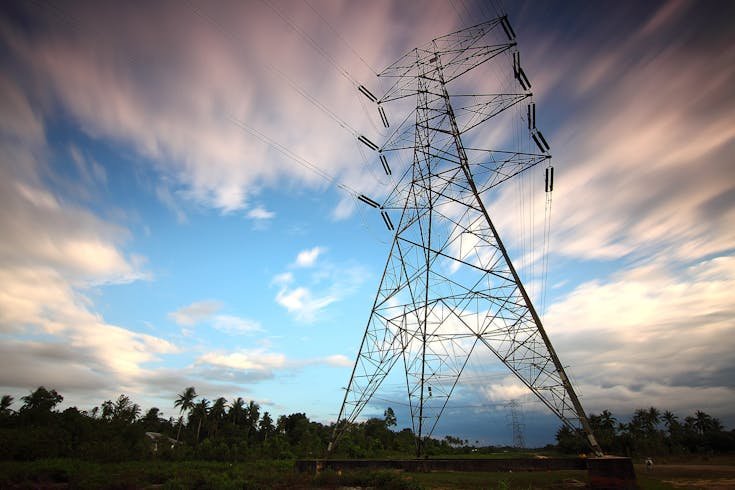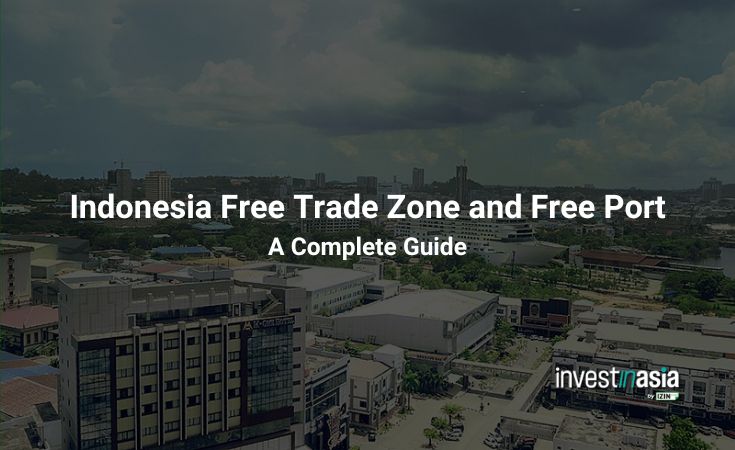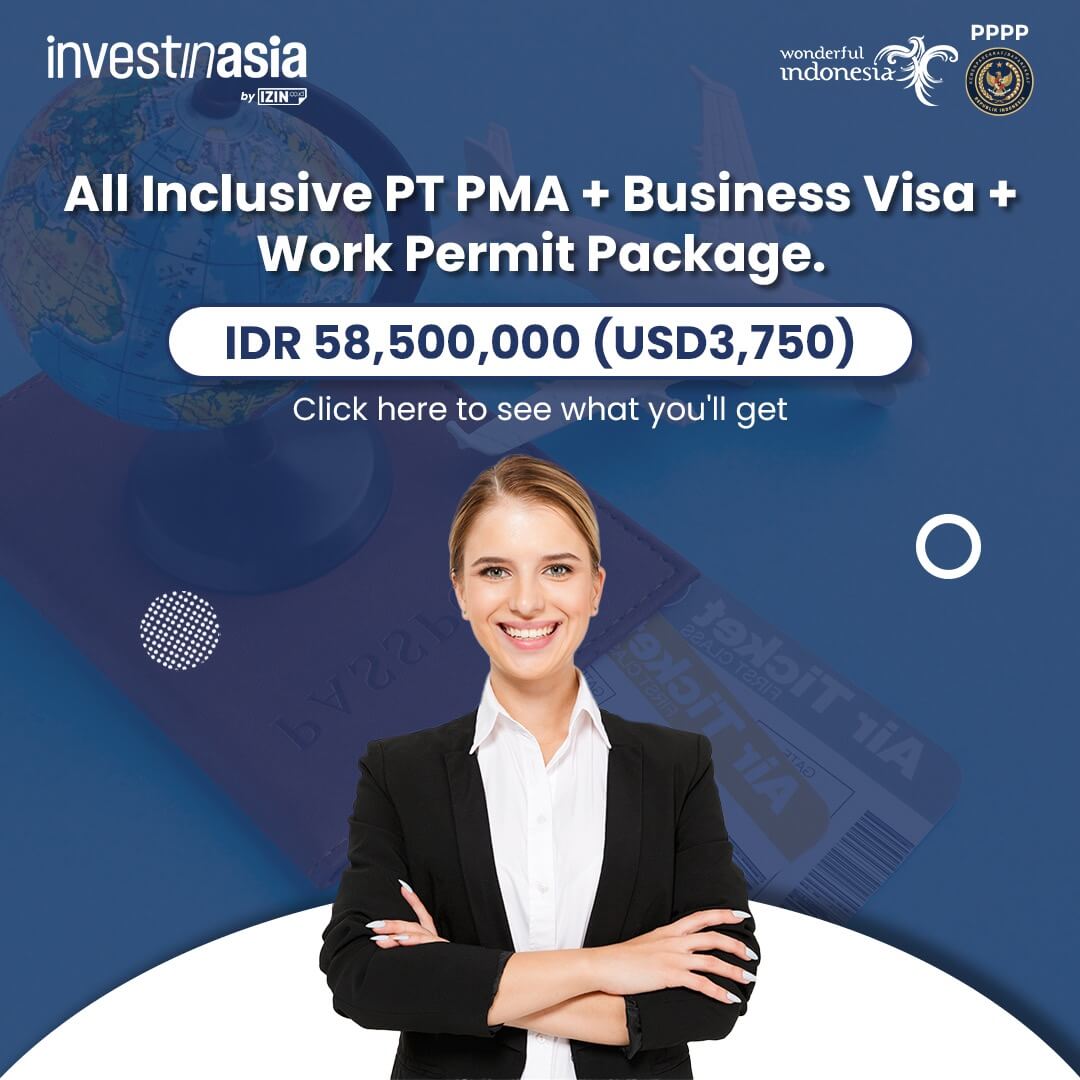Indonesia Free Trade Zones and Free Ports (FTZFPs) are specialized economic areas established outside Indonesia’s customs territory to accelerate export-oriented manufacturing, maritime logistics, and cross-border trade.
These zones provide international investors with duty-free facilities, VAT and excise exemptions, and streamlined import–export procedures, making them some of the most competitive economic gateways in Southeast Asia.
Indonesia currently operates four FTZFPs; Batam, Bintan, Karimun, and Sabang. Each strategically located along global shipping lanes and backed by government regulations that support long-term industrial development.
Also read: Indonesia’s Special Economic Zones (SEZs): A Complete Guide
What is Indonesia’s Free Trade Zones and Free Ports (FTZFP)?
Indonesia’s FTZFPs are customs-free areas recognized under national law, where businesses benefit from:
- 0% import duties
- 0% VAT and luxury goods tax
- 0% excise on goods processed within the zone
- Simplified import–export documentation
- Fast-track bonded logistics and warehousing
The four FTZFPs (Sabang, Batam, Karimun, Bintan) cover a combined 127,472 hectares and serve sectors such as marine logistics, industrial manufacturing, shipping repair, oil & gas services, and tourism.
Check:
Activities Allowed in the Free Trade Zone


Businesses operating in FTZFPs may engage in activities across 14 regulated sectors:
- Marine and fisheries
- Agriculture
- Forestry
- Energy and mineral resources
- Industrial manufacturing
- Trading and distribution
- Public works and housing
- Transportation and port services
- Healthcare
- Cultural and tourism services
- Telecommunications
- Logistics and warehousing
- Water resources
- Environmental and waste management
These permitted sectors make FTZFPs highly suitable for export manufacturers, shipyards, electronics producers, logistics providers, and supply-chain operators looking to establish a regional presence.
Also read: 25 Profitable Business Ideas and Opportunities in Indonesia
Key FTZFP Locations in Indonesia
Below are four key free trade zones in Indonesia:
Sabang
Sabang is Indonesia’s westernmost FTZ, positioned along the major Indian Ocean and Malacca Strait routes. Its FTZ status gives it strong potential as a deep-sea port and maritime logistics hub supporting India, Southeast Asia, and Middle Eastern trade corridors.
Key advantages:
- Positioned near global East–West shipping lanes
- Overseen by BPKS Sabang
- Sectors: port logistics, fisheries, marine tourism, export processing
Full development relies on coordinated investments from the central government and private sector participation.
Batam
Batam is Indonesia’s flagship FTZ and one of the country’s most industrialized islands. Located only 20 km from Singapore, Batam sits on one of the world’s busiest shipping lanes.
Key features:
- Governed under Government Regulation No. 62/2019
- Advanced industrial base: electronics, shipbuilding, oil & gas services
- Challenges include land regulation harmonization and infrastructure management
- Integrated with Batam’s Special Economic Zone expansion plans
Batam remains Indonesia’s strongest international manufacturing and logistics hub.
Bintan
Established under Government Regulation No. 47/2007, Bintan’s FTZ consists of two areas:
Bintan Zone
- Tourism and hospitality
- MRO (Maintenance, Repair, Operations)
- Maritime defense industries
Tanjungpinang Zone
- Heritage tourism
- Halal industry
- Fisheries
- Business service centers
Bintan is also integrated with the Galang Batang SEZ, a major alumina refinery hub.
Karimun
Karimun Island lies near Singapore and Malaysia, making it an ideal industrial gateway.
Key FTZ characteristics:
- Specializes in shipyards, fabrication yards, steel, and heavy industries
- Strong ties to Batam–Bintan–Karimun economic triangle
- Supported by Government Regulation No. 41/2021
- Requires continued infrastructure and workforce development
Karimun is optimized for maritime, offshore, and industrial service sectors.
Also read: Where to Invest in Indonesia: 7 Best Cities and Locations
Incentives for Investors in Indonesia’s FTZFPs


Investors operating inside FTZFPs receive the following benefits:
- Tax Holiday: For 18 pioneer industries
- Tax Allowance: For eligible sectors
- VAT Exemption: For all imported goods entering FTZFP
- Import Duty Exemption: For raw materials, machinery, components
- Excise Exemption: For production within the zone
- No Income Tax Art. 22 Import: For imported materials used inside FTZFP
- Inland FTA privileges: Preferential trade access
These incentives significantly reduce production costs and improve export competitiveness.
Also read: 7 Reasons and Advantages for Starting a Business in Indonesia
Why Invest in Indonesia’s FTZFPs?
Indonesia’s FTZFPs are ideal for foreign investors due to:
- Strategic location along global shipping routes
- Competitive tax and customs incentives
- Mature industrial ecosystems in Batam and Karimun
- Expanding tourism and MRO sectors in Bintan and Sabang
- Strong government support through updated regulations
FTZFPs enable investors to tap into Indonesia’s large domestic market while maintaining export efficiencies similar to global free port systems.
Also read: Complete List of Industrial Estates in Indonesia
How to Register a Company in an FTZFP
Investors typically follow these steps:
- Select an FTZ zone aligned with your industry
- Submit registration documents to the Free Trade Zone Authority
- Obtain required FTZ business licenses
- Set up a legal entity (PT PMA, PMDN, RO, etc.)
- Apply for import facility registrations
- Begin operations under FTZ compliance procedures
Now is the time to seize the opportunity and start investing in Indonesia’s FTZFPs. Explore the possibilities, leverage the incentives, and be part of Indonesia’s exciting economic journey.
To ensure your business and company runs smoothly, consider seeking professional guidance. InvestinAsia is among the companies that specialize in aiding you with company registration Indonesia. We boast a team of seasoned experts who can guide you throughout the process of:
- PMA registration in Indonesia (Foreign Company)
- Representative office registration in Indonesia
- Indonesia Local PT PMDN Set Up
- Indonesian Virtual office setup
- Business registration number in Indonesia
- Business Licenses in Indonesia
- Trademark Registration in Indonesia
- Franchise License in Indonesia
If you are interested in starting a business and investment in Indonesia, you can start by contacting us for FREE consultation.
FAQs about Indonesia FTZFP
What incentives do foreign investors receive in Indonesia’s Free Trade Zones and Free Ports (FTZFPs)?
Investors inside FTZFPs receive 0% import duty, 0% VAT, 0% excise, simplified customs procedures, tax holidays for selected pioneer industries, tax allowances, and exemptions from Article 22 import tax. These incentives drastically reduce production costs and increase export competitiveness.
Which industries are best suited for operating inside Indonesia’s FTZFPs?
FTZFPs are ideal for electronics manufacturing, shipbuilding, oil & gas services, logistics, MRO (maintenance, repair, operations), fisheries, tourism, fabrication yards, and export-oriented production. Industrial ecosystems in Batam and Karimun make them especially attractive for high-tech and maritime sectors.
What is the difference between an FTZFP and a Special Economic Zone (SEZ) in Indonesia?
FTZFPs focus on customs exemptions (0% VAT, 0% import duty, no excise), while SEZs focus on income tax incentives (tax holidays, tax allowances), infrastructure benefits, and sector-specific clusters. Many investors combine both benefits, especially in regions like Batam that operate both FTZ and SEZ areas.
Also read: The Difference Between Bonded Zones and Free Trade Zones in Indonesia
How can a foreign company register and operate inside an FTZFP?
Foreign companies typically:
- Select an FTZ that matches their industry
- Register with the local FTZ Authority
- Establish a legal entity (PT PMA)
- Apply for import–export and customs facility approvals
- Begin operations under FTZ compliance rules
Using a local consultant such as InvestinAsia can simplify licensing and compliance.
Why are Batam, Bintan, Karimun, and Sabang considered strategic FTZFP locations?
These four zones lie along major global shipping routes, close to Singapore and Malaysia, with deep-sea access, mature industrial supply chains, strong logistics infrastructure, and dedicated government support. Their strategic positions make them ideal gateways for regional manufacturing and maritime trade.
source:
- Indonesia Investment Guidebook – BKPM
- Policy Brief Vol. 7 no. 4 – Foreign Policy Strategy Agency, Ministry of Foreign Affairs Republic of Indonesia





